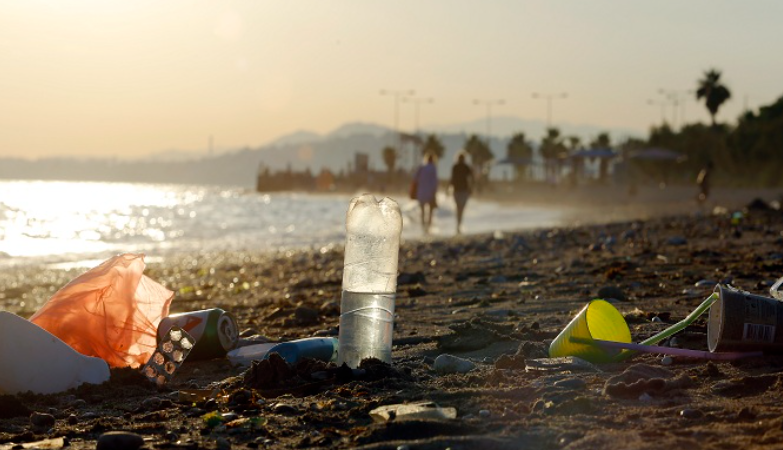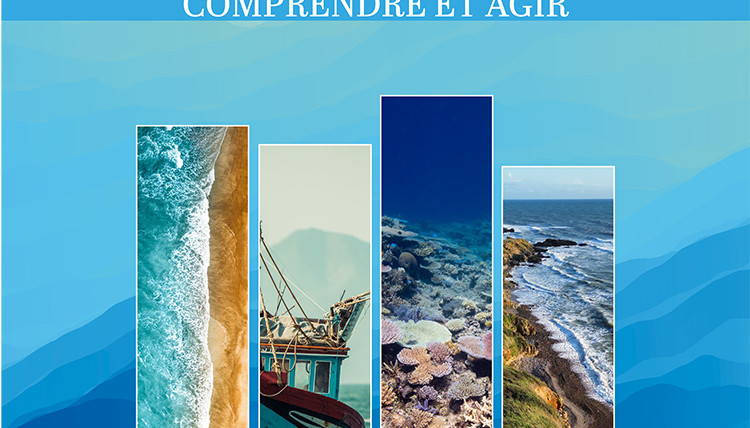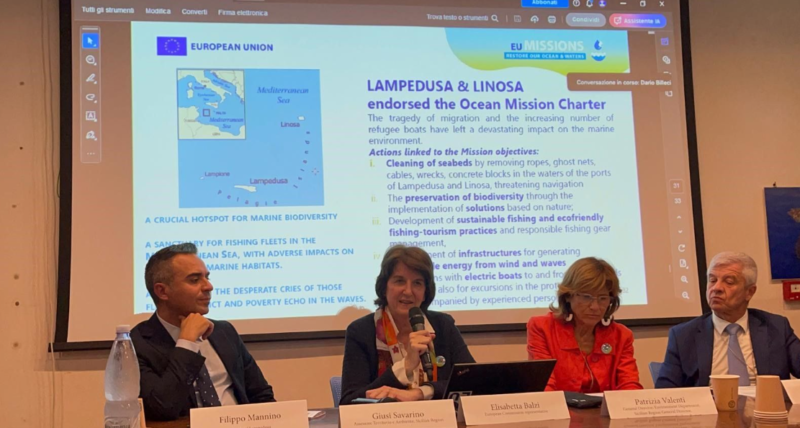Tunisia’s coasts are being overwhelmed by plastic waste, according to results from the “Adopt a Beach” monitoring programme carried out by WWF North Africa during the 2023–2024 season.
Data collected revealed more than 30,000 small plastic fragments, along with 23,000 bottle caps, 17,000 straws, and nearly 12,000 pieces of polystyrene (commonly known as “blue board”). Volunteers involved in the operation also collected over 78,000 cigarette butts from various shorelines.
Areas Most Affected
Not all Tunisian beaches are equally impacted. The highest concentrations of waste were recorded at Kheïreddine (Kram), with 3,766 items per 100 metres, followed by Mahdia beach, which recorded 1,775 items per 100 metres.
These figures highlight the scale of marine pollution and the urgent need for action.
A Call for Awareness and Environmental Protection
In light of these alarming results, WWF stresses the urgent need to change behaviours, strengthen public awareness, and implement more concrete actions to protect the environment.
The published data is based on a citizen science approach, involving hundreds of volunteers. It relies on a recognized scientific protocol already used by INSTM, as well as on the UNEP “Adopt a Beach” mechanism, dedicated to marine litter education and monitoring.




